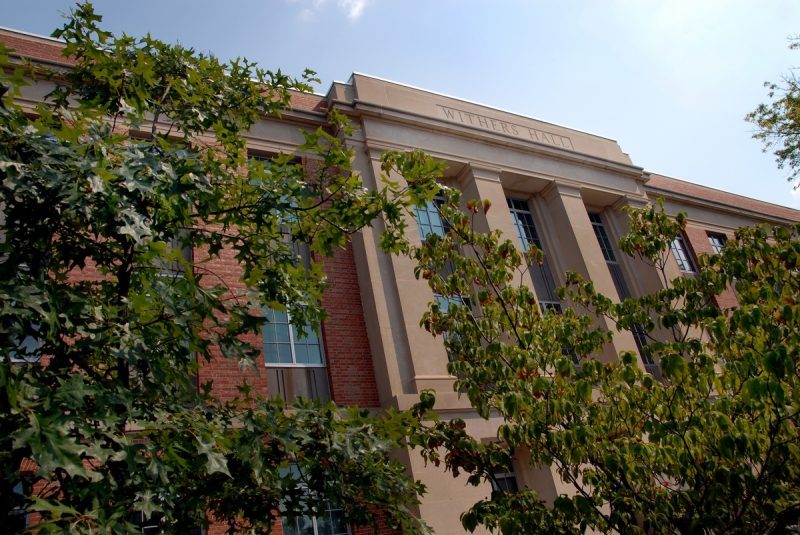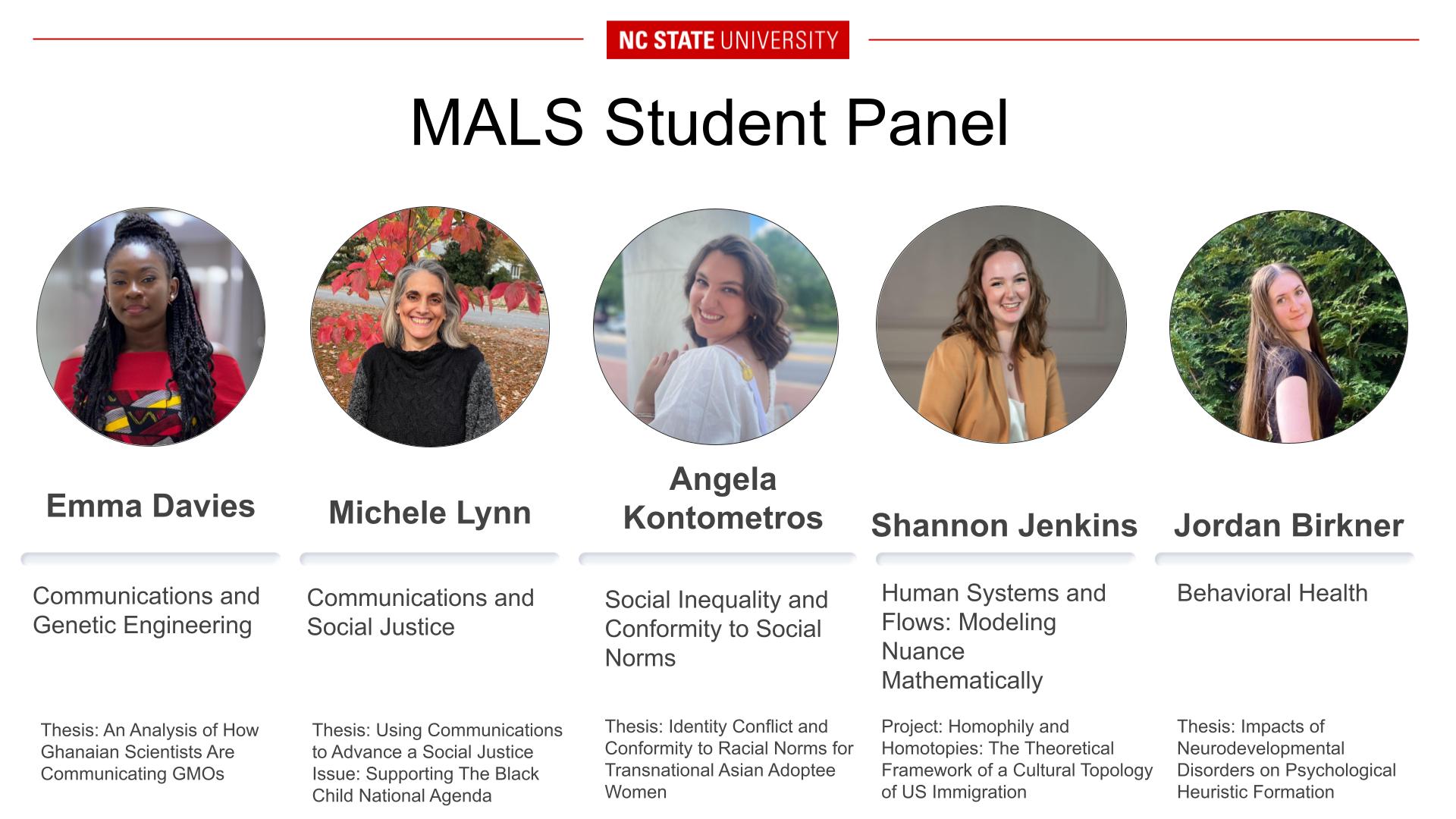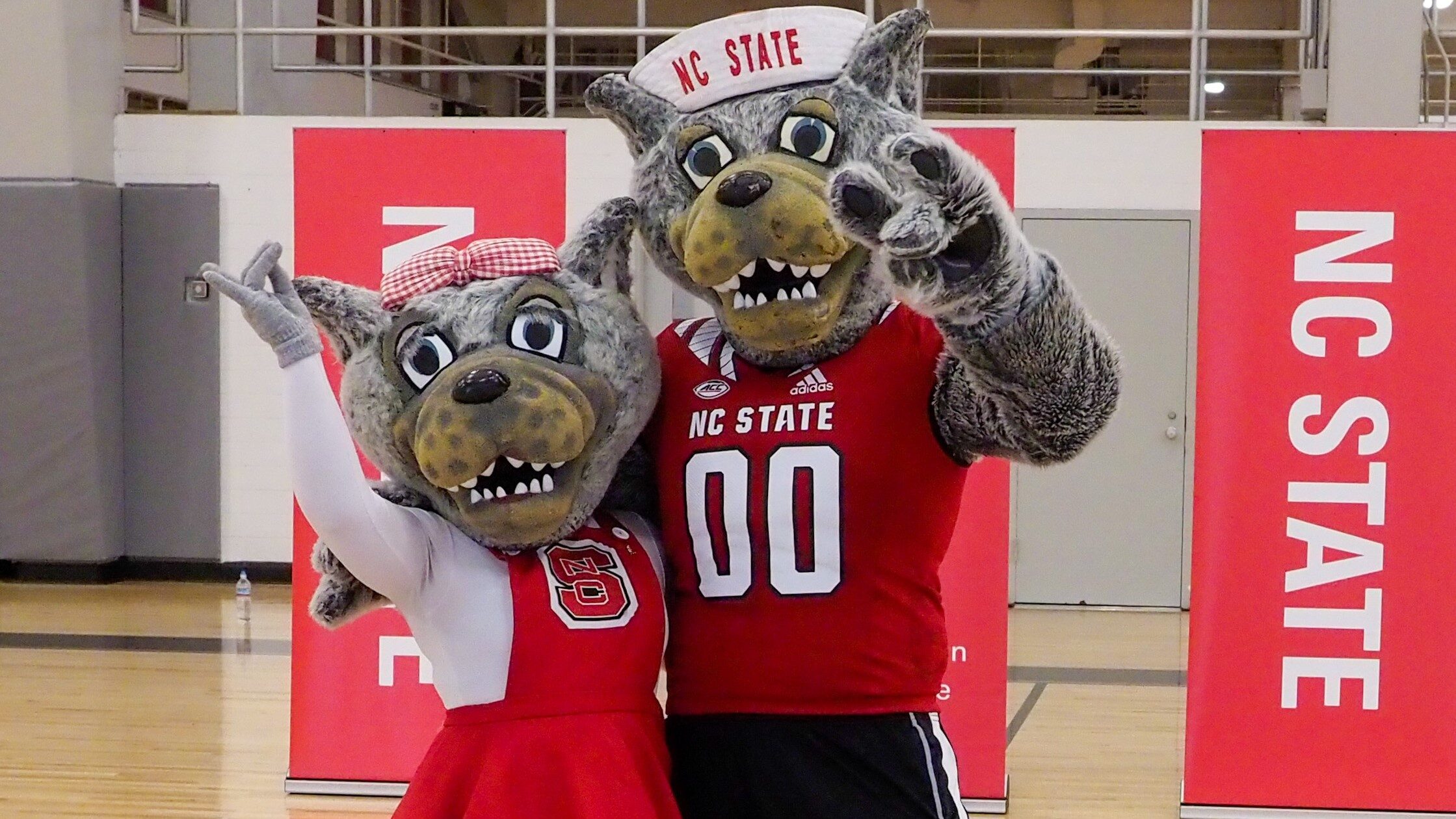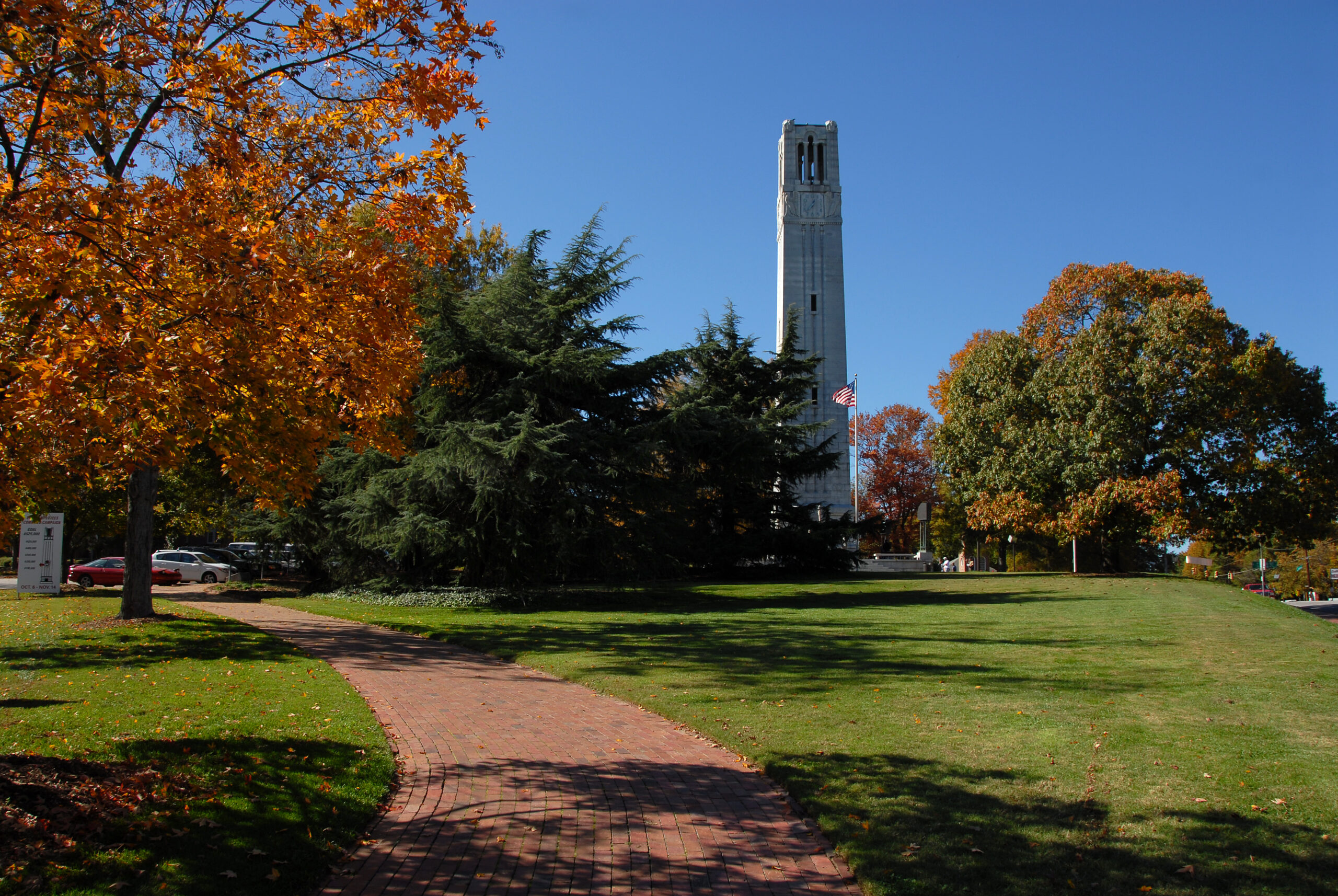What are your research interests, and what questions or ideas guide your work? Any recent or upcoming projects you’d like to share?
My work for the past three decades has moved in two main directions. I have explored how different forms of celebrity emerged and evolved in modern France, and I’ve studied the rise and development of French gastronomy. After a first book on literary celebrity and a second on early show business celebrity, my current book project combines my main lines of research by investigating how the celebrity chef emerged as an important new sort of public figure. In this project, as throughout my work, I’m particularly interested in the role that images play in the process of imagining novel forms of celebrity.
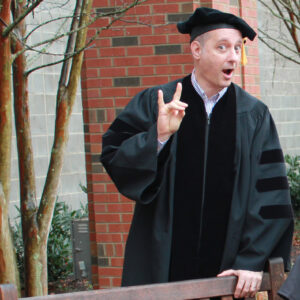
Tell us about your academic journey – what’s your academic background, when/why did you become interested in your area of study, and how has your focus changed over the years?
My PhD is in French literature, with a focus on the nineteenth-century novel and particularly the work of novelist Honoré de Balzac. The last chapter of my dissertation dealt with issues of celebrity in Balzac’s life and work, and in a sense my entire research program over the past three decades has sprung from these initial considerations. Along the way, I have become increasingly interested in the role that visual culture plays in shaping modes of celebrity. And, as I’ve needed to examine a broad range of evidence — like public monuments, caricatures, gossip columns, sheet music, postcards, cookbooks, or televised cooking shows — my research has necessarily become ever-more interdisciplinary in nature.
How did you get involved with the MALS program?
In one of my first jobs out of graduate school, I worked for the CIA – the Culinary Institute of America – setting up the French language and culture curriculum for their (then) brand-new bachelor’s program. A lot of things about that job didn’t make sense for me longer term, but I loved working with these “non-traditional” students, who had a wealth of energy, creativity and life experience. All were trained as chefs, and many had been out in the world for years, doing all sorts of fascinating things, before returning to school to further their education. When I got to NC State, I looked for opportunities to work with similar sorts of students and found the MALS Program. In Fall 1999, I taught my first MALS seminar on French gastronomy, then around 2005 I joined the program’s Advisory Board. When former director Bob Kochersberger was on leave in Fall 2008, I filled in as interim, and when he stepped down a couple years later, I took over and have directed the program for the past dozen years.
What changes have you seen or implemented in your time as MALS director?
During my time as MALS director, I nearly doubled program enrollment, and have maintained numbers at around fifty for the past eight years or so. Early on I jettisoned the unpopular “poster session” format for students’ culminating projects, which they now present individually before an audience of peers, faculty, family and friends. Other new initiatives have included the Maymester seminars, 3M Nights (“Making the Most of MALS”), MALS Mixers for continuing and newly admitted students, the MALS Newsletter and Facebook page, the MALS Graduate Student Association chapter and, most recently, MALS assistantships to provide support for incoming and continuing students. I’ve done a lot as well to raise the profile of the program, both on campus and beyond, notably in my work with the Association of Graduate Liberal Studies Programs (AGLSP). I served on the AGLSP board for eight years, in various capacities, including a term as president, during which I organized two international AGLSP conferences – one in Washington, DC; the other, our first-ever virtual conference, during the pandemic. But I remain proudest of having created opportunities for our MALS students, over 120 of whom have graduated under my watch. Through their work in the program, they have been able to get promotions, switch careers, found non-profits, pursue doctoral study, write books on their own or with MALS faculty and so much more. It has been a great honor for me to play a part in facilitating such amazing accomplishments.
What courses have you taught or are you teaching for MALS? How did they come about, and how would you characterize your experience working with MALS students?
During the academic year I have taught the MALS seminars “French Gastronomy,” “France in the Fin de-siècle and Belle Époque,” and “Change in the Modern World.” I have also taught the Maymester seminars “Food for Thought” and “Collections, Collectors and Collecting.” These courses have all developed out of my own interests but teaching them for the MALS Program has spurred me to cast them broadly, in ways that get at big questions about who we are, why we do what we do, and how we understand our place in the world.
In the classroom, MALS students always challenge me to think about things more expansively, as they make unexpected connections, and consider angles that I hadn’t entertained previously. As a result, class sessions are invigoratingly lively and wide-ranging. I have especially loved teaching the Maymester courses, with their intensity of focus, and the rich, experiential tapestry you can create from readings, class discussions, guest lectures and site visits. There’s also something magical about students producing a graduate seminar paper in just three weeks – at first, nobody believes this possible, but if you structure it properly, with everything in the course interwoven to complement and support the students’ research, it does happen, with wonderful, varied, thought-provoking results.
As MALS director, I have also spent a great deal of my time meeting with prospective students, to discuss how the program could work for them, and with current students for advising, thinking through course choices and options, concerns of all sorts, and plans for the concentration, the culminating project, and life beyond MALS. I always love to hear peoples’ stories about where they’ve come from and where they are, and I enjoy doing what I can to make it possible for them to get where they want to go, through their MALS education. In the largest sense, this is the work of imagining and facilitating transformative, potentially life-changing opportunities. It’s very exciting and rewarding.
How has your time with the MALS program informed your research and teaching?
Working with MALS students continues to broaden the scope of my research and teaching and reminds me to always make clear the larger stakes of whatever I’m exploring.
What’s next for you?
I will be on a research leave for fall 2023, working on my book. Beyond that, I look forward to having more time to focus on my research and teaching, which will certainly include some MALS seminars – in fact, I’m already planning a fall 2024 seminar on Paris. This is something that I’ve taught previously as a senior and graduate seminar in French, and it’s always been a wide-ranging course, investigating how a city evolves over time, and how we experience life in an urban setting. Offering this as a MALS seminar, I’m especially eager to expand the geographic focus, with students undertaking research projects about cities of particular interest to them, say New York, London, Tokyo or Raleigh.
Beyond your academic work, what are some things that you feel would be important for us to get to know you as a person?
I believe fundamentally in personal and intellectual growth, which I think is best illustrated by the story of how I became a devoted dog lover.
My father was bitten by a dog when he was young, so he remained fearful of them for life, and as a child I uncritically assimilated my dad’s distaste for dogs. I just could not wrap my head around why people like these creatures. Then I married someone who loves all animals, but especially dogs, however until 2011 — the year I took over the MALS directorship — we only ever had cats together. 2011 was a rough year, as I lost my grandmother, a close friend and mentor passed away unexpectedly, our 19-year-old cat died after a long illness, and my wife had a large, painful ovarian growth that, mercifully, turned out benign. When she was recovering from the surgery, she said, “We’re getting a dog.” Realizing how little bargaining room I had, I asked, “Could it at least be a small one?”
One sunny autumn afternoon, on a farm outside Hillsborough, we met this beautiful, long-haired black and tan miniature dachshund puppy. The breeder handed her to me, to hold. I was smitten: a middle-aged boy and his first dog. Since then, Moka has become a constant companion, at home, on walks in the woods, or on vacations, and I’ve come to appreciate canines more generally. So, little dogs can apparently teach old guys new tricks. And it occurs to me that, over the past twelve years, as I have grown into my role as graduate program director, I’ve culled much the same lesson from my enterprising, ever-curious MALS students as I have from my experience with Moka: we can always learn something new, and become something different, perhaps something better than what we were before.
- Categories:
